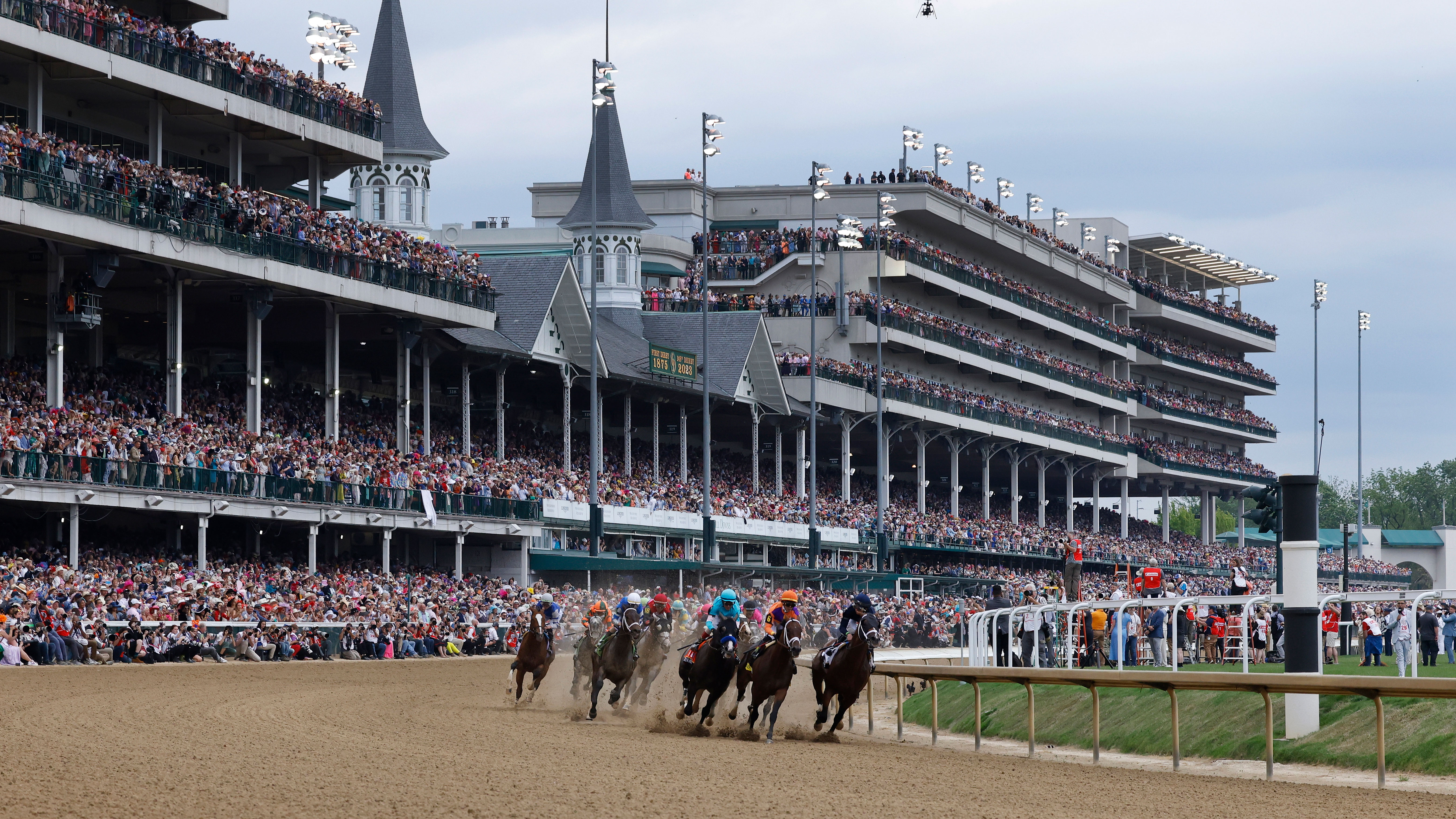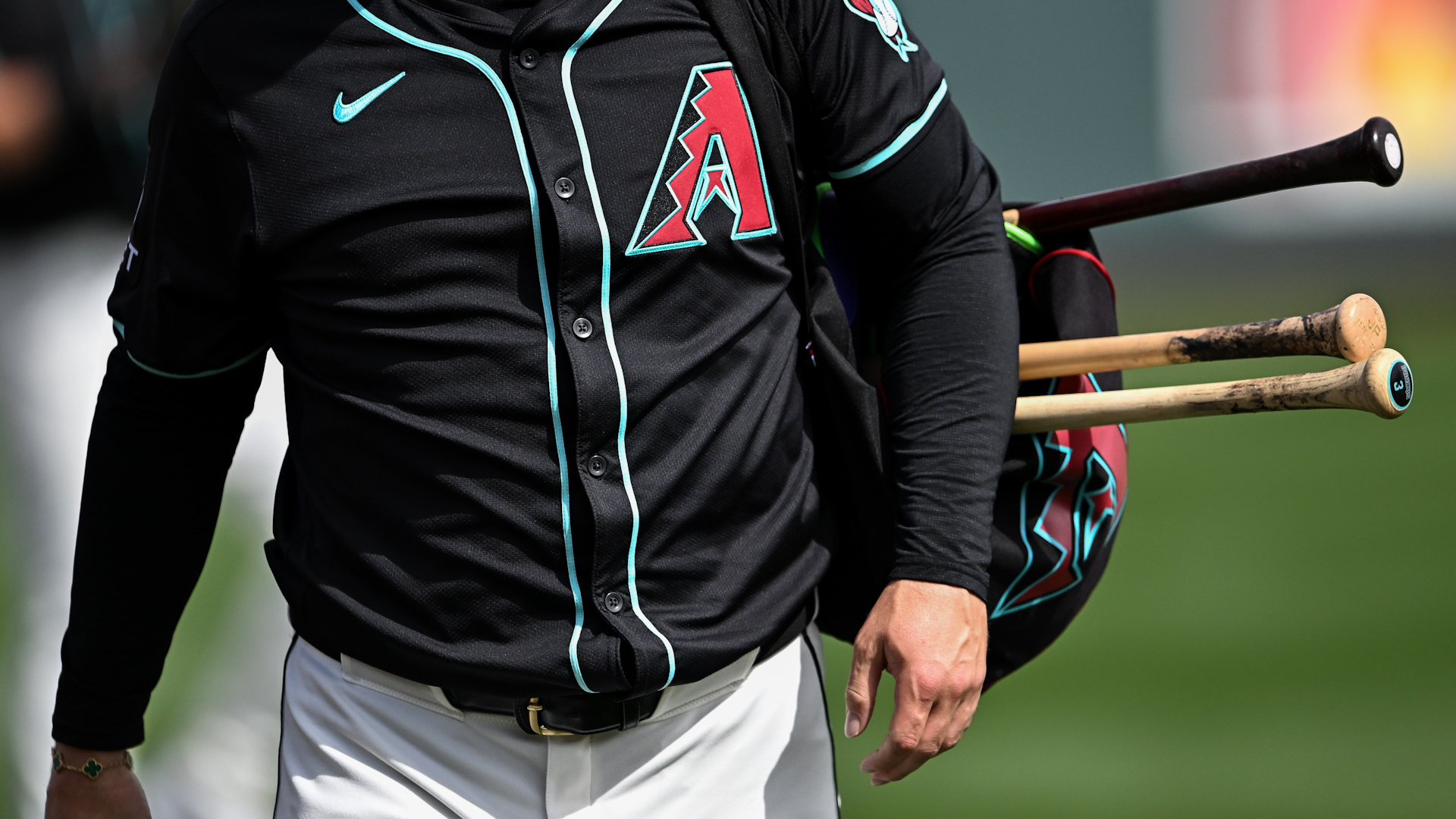
In the Overwatch League, adaptability is key. Over the course of a season, Overwatch fans get to see pros compete at the highest level in up to 4 different meta’s (not including the postseason). While excellence in a certain meta may be enough to bring in the stage playoff victories, the Grand Finals are reserved for those teams able to adapt to an ever-shifting landscape of heroes and maps.
In Season 1 we saw this play out as league favorites NYXL fell short of the Grand Finals stage thanks to the introduction of Brigitte and the dramatic shift in playstyle she brought with her. This year the comp to beat has been GOATS (Triple tank, triple support, for the uninitiated), a comp that is loved by some and hated by most. In this meta, a handful of dominant teams have risen to the top of the pack, but as the second season approaches its final stage, middle teams look for the impending meta shift that may allow them to slip into playoffs.
For our boys at the Fusion, it’s been a frustrating year of coming just short of being on top. Whether it be because of unforeseen illness, stacked stages, or shifting metas, Fusion has struggled to keep themselves in position for playoffs. While there’s plenty of the season left to play, it will take some hard work to get Fusion to their home city for Grand Finals.
Recently, I met with Coach Hayes at the Fusion house in order to get the team’s perspective on the season so far as well as their projections for the future.
The following interview has been edited for length and clarity
Adam: How would you say the team has developed over the course of the season?
Hayes: Since the start of the year, our GOATS comp hasn't been too amazing. I think we've definitely improved a lot on our GOATS play. The important part of the GOATS meta is how you position, and how you play around each other as a team. That was something I think we were lacking last year, a real aspect of camaraderie and team play. This year we have improved on that, and there's an understanding between everyone that we are a team and every ability and skill we have, we contribute to the team. In terms of how we structure and strategize between ourselves, we as coaches have also come a long way from the start of the year. we've learned a lot about what works best with our team, and we've adapted to that. So I'm really impressed with how far we've come.
News
Adam: How has the meta shifting away from nothing but GOATS affected the Fusion?
Hayes: We've gone through a few phases of wondering whether we just want to stick with GOATS or play some DPS. Honestly, our players really enjoy playing DPS so if we can make that work we're going to try those strats. There were some opportunities where we thought we could do it, but it didn’t work out too well, so I think it all just comes back around to GOATS being the strongest comp right now. Outside of that, it hasn’t really affected us too much, because we figured out a good way to play against DPS. So now when teams play their DPS we have a good answer for it, but along the way, there were certainly a few hiccups where we weren't sure if GOATS would work against the DPS comps, but we figured it out somewhere along the way.
Adam: In my last interview with Eqo, he stressed the importance of the long game over short term victories. Are you guys developing at the pace you need to in order to hit your long term goals?
Hayes: I think stage 1 we performed well in terms of the long game. As for Stage 2, we did finish negatively at 3-4, but we are still in a good position overall to reach the season playoffs. Our ultimate goal is to get to Philadelphia for the finals, so we are definitely more focused on the long game, and at this point, I think we are on pace.
Adam: Considering how stacked stage 2 was for your team, did you learn what you needed to from facing off against so many top teams?
Hayes: The things that we learned from stage 2 was that we were having some issues translating what we were doing in skrims to how we played on stage. That’s something we've been trying to address in stage 3, making sure that we can transition fluidly from skrims to stage. If that means combating nerves, combating worries or anxiety, then that’s what we are going to do.
Adam: The general consensus among analysts has been that there's a top 3 teams and a bottom 3 teams and everyone else just falls into the same middle ground. As the team arguably leading that middle pack, how do you feel about that assessment?
Hayes: I agree that we as a team are lagging behind the top 3 or 4 in the league but in order to fix that we have to ensure that we continue to improve at a faster rate than our competition. I think we have the players to be a top team, on an individual level I think we stack up against any team in the league. The key lies in improving as fast as we can and putting the time, effort, and resources. We have to learn what we can from the top teams. It's always good to learn and understand how the top teams do what they do, and emulate what we can from that. That’s how you see improvements, and how you grow as a team.
Adam: Do you think the skill gap in the league is as dramatic as people make it out to be, or is it much closer?
Hayes: I definitely think it's a curve from the top down, not a cliff. I think the top teams are definitely on a higher level, everything they do, they do better or on a slightly higher level than the teams below them. Although that in effect creates a big difference in results. For example, let’s say Shock's D.va ChoiHyoBin takes 10%-20% less damage, this means that his team has more resources going into their main tank Super. Those small things have a domino effect on how teams function in GOATS. It's something you don't notice until you look for it, but those are the things that separate the top teams from the middle of the pack teams.



